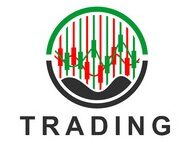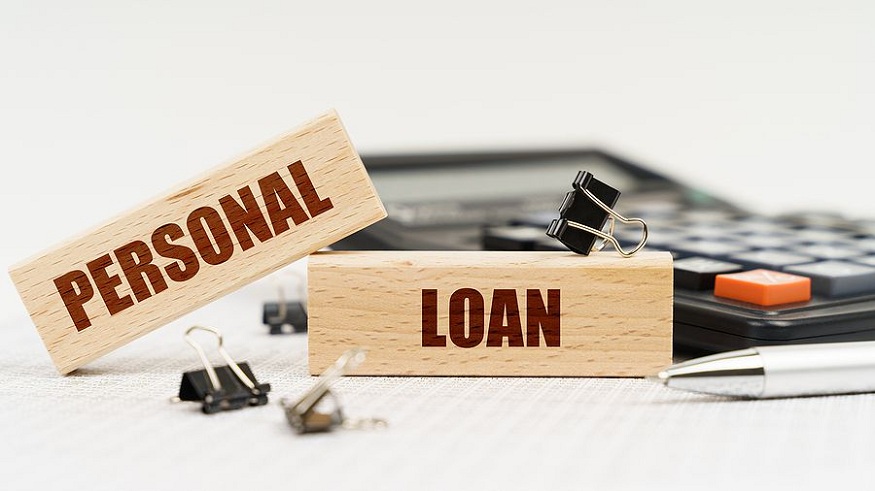Commercial property loans are one of the most popular forms of business loan financing in Singapore, especially for businesses and investors looking to purchase or refinance their properties.
Like any other loan, the interest rate for commercial property loans in Singapore is a crucial factor that affects the overall cost of borrowing.
In this article, we will explore the current interest rates for commercial property loans in Singapore and what factors affect these rates.
Interest rates for commercial property loans in Singapore
The interest rates for commercial property loans in Singapore vary depending on the type of loan, the borrower’s creditworthiness, and market conditions.
As of 2021, the average interest rate for commercial property loans in Singapore ranges from 2.5% to 4%.
However, it’s essential to note that interest rates are subject to change and may vary based on the lender’s internal policies and other factors.
Factors that affect the interest rates for commercial property loans
Commercial property loans are a vital tool for businesses looking to finance the purchase or construction of a commercial property.
Interest rates are a crucial factor in determining the affordability of these loans. Interest rates can have a significant impact on the total cost of borrowing and the profitability of the investment.
Several factors affect the interest rates for commercial property loans. Below are some of the critical factors that determine the interest rates for commercial property loans.
1. Creditworthiness of the borrower
One of the primary factors that determine the interest rates for commercial property loans is the creditworthiness of the borrower.
Lenders look at the borrower’s credit score, credit history, and debt-to-income ratio to determine their creditworthiness.
If the borrower has a high credit score and a good credit history, they are considered less risky to the lender, and they are more likely to receive a lower interest rate.
On the other hand, if the borrower has a low credit score or a history of missed payments or defaults, they are considered more risky, and they are likely to receive a higher interest rate.
2. Loan-to-value ratio
Loan-to-value (LTV) ratio is the ratio of the loan amount to the appraised value of the property.
The LTV ratio plays a crucial role in determining the interest rates for commercial property loans.
The higher the LTV ratio, the riskier the loan is for the lender. A higher LTV ratio means that the borrower has less equity in the property and is more likely to default on the loan.
Therefore, lenders typically charge a higher interest rate for loans with a high LTV ratio.
3. Property type
The type of property being financed also plays a role in determining the interest rates for commercial property loans.
Lenders consider properties such as office buildings, retail spaces, and warehouses as less risky than properties like hotels or resorts.
This is because commercial properties like hotels are more susceptible to changes in the economy and may have lower occupancy rates during a recession. Therefore, lenders charge a higher interest rate for loans on these types of properties.
4. Economic conditions
The state of the economy also plays a crucial role in determining the interest rates for commercial property loans.
If the economy is performing well, and interest rates are low, lenders may offer lower interest rates for commercial property loans.
On the other hand, if the economy is in a recession, and interest rates are high, lenders may charge a higher interest rate to compensate for the increased risk.
5. Term of the loan
The term loan is also a significant factor in determining the interest rates for commercial property loans.
Short-terms loan typically have higher interest rates than long-term loans. This is because lenders consider short-term loans to be riskier as they are typically used for projects that may not have a steady stream of income.
6. Market demand
The level of demand for commercial property loans also affects interest rates. If there is a high demand for loans, lenders may be willing to offer lower interest rates to remain competitive.
Conversely, if there is low demand for loans, lenders may charge higher interest rates to offset the risk of lending.
7. Down payment
The amount of the down payment made by the borrower can also affect the interest rate for commercial property loans.
A higher down payment typically means that the borrower has more equity in the property, which reduces the lender’s risk.
Therefore, lenders may offer a lower interest rate for loans with a higher down payment.
8.Location of the property
The location of the property can also affect the interest rates for commercial property loans.
Properties located in areas with high demand and low supply may have lower interest rates, as lenders view them as less risky.
Conversely, properties located in areas with low demand and high supply may have higher interest rates due to the higher risk involved.
9. Type of lender
The type of lender can also affect the interest rates for commercial property loans. Banks, credit unions, and private lenders all have different lending criteria and risk appetites.
Some lenders may be more willing to take on riskier loans and offer lower interest rates, while others may only offer loans to borrowers with a strong credit history and financials, resulting in higher interest rates.
10. Debt service coverage ratio
The debt service coverage ratio (DSCR) is the ratio of a property’s net operating income to its debt service payment.
Lenders use this ratio to determine whether the property generates enough income to cover the debt payments.
A higher DSCR indicates that the property is generating enough income to cover the debt payments and is less risky. Therefore, lenders may offer a lower interest rate for loans with a higher DSCR.
11. Prepayment penalties
Prepayment penalties are fees charged to borrowers who pay off their loans before the end of the loan term.
These penalties can significantly affect the total cost of borrowing and should be considered when determining the interest rate.
Lenders may offer a lower interest rate for loans with lower prepayment penalties or no penalties at all.
12. Loan fees
Loan fees, such as origination fees and appraisal fees, can also affect the interest rate for commercial property loans.
These fees are typically added to the loan amount, increasing the total cost of borrowing.
Lenders may offer a lower interest rate for loans with lower fees or may waive some fees altogether.
13. Borrower experience
Lenders may consider the borrower’s experience in managing commercial properties when determining the interest rate.
Borrowers with a proven track record of successfully managing commercial properties may be viewed as less risky, resulting in a lower interest rate.
Diving into the intricacies of commercial property loan interest rates in Singapore is crucial for prospective investors. Outsourced REO solutions offer expert guidance, enabling comprehensive property valuation and management, facilitating well-informed investment choices, and ensuring a lucrative commercial property portfolio.
14. Loan size
The size of the loan can also affect the interest rate for commercial property loans.
Larger loans may be viewed as riskier and may have a higher interest rate. Conversely, smaller loans may have a lower interest rate.
Conclusion
The interest rate for Singapore’s commercial property loans varies depending on several factors.
Borrowers must consider these factors carefully when applying for a loan and work with lenders to negotiate the best possible rate.
As with any loan, it’s essential to do proper research and consider all the costs associated with borrowing to make an informed decision.
It’s also crucial to work with a reputable lender who can provide guidance throughout the loan process and ensure that the borrower understands the terms and conditions of the loan.





